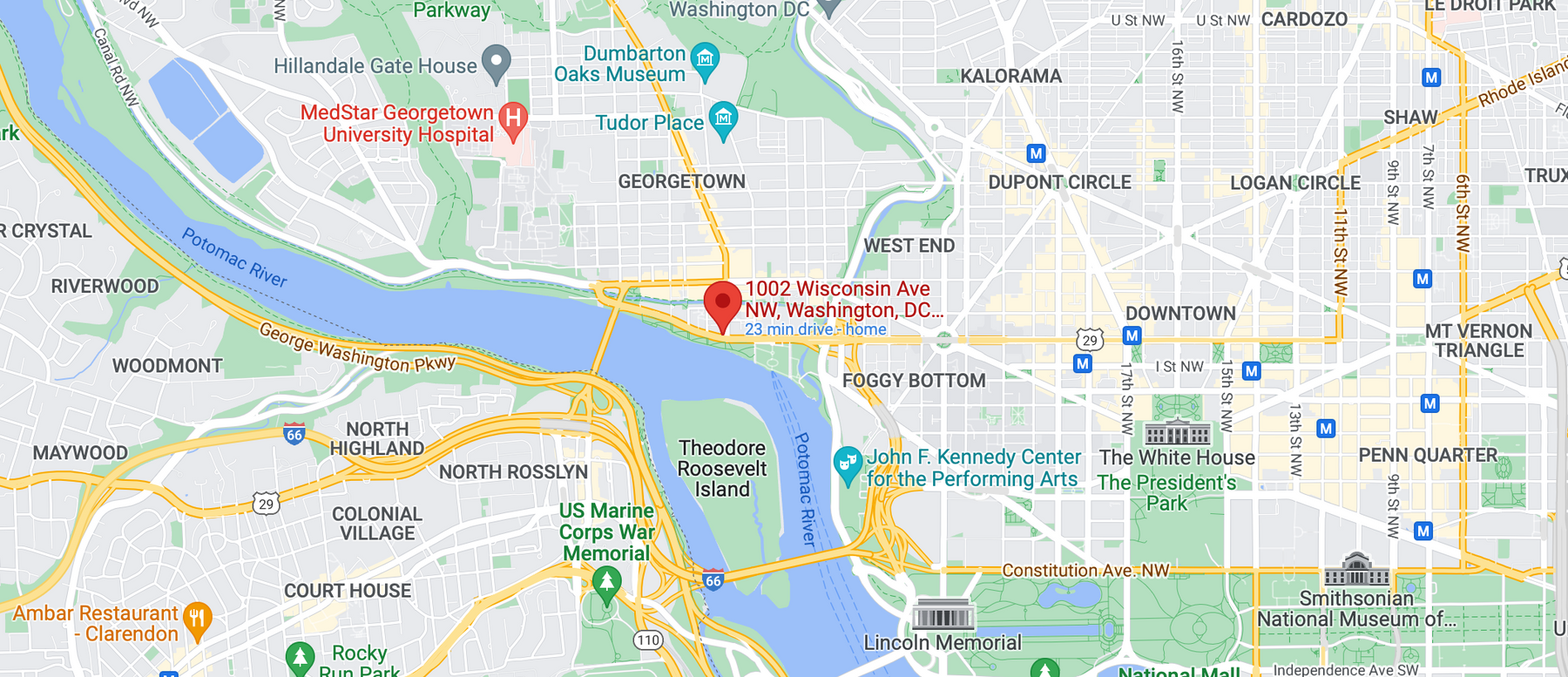Sie können auch mögen
Besuchen Sie unsere Galerie
Alle Artikel auf dieser Website können nach Vereinbarung an unserem Standort in Washington, DC besichtigt werden
Dienstag – Freitag von 11 – 17 Uhr.
Telefon: 202 342 0518

EA2385
Pickup verfügbar, gewöhnlich fertig in 2 stunden
1002 Wisconsin Ave NW
Front store
Washington DC 20007
Vereinigte Staaten
+12023420518
The scarab’s association with the daily rebirth of the young sun god, Khepri, gave the beetle a prominent role in funerary contexts. In this example, the body conforms to the usual scarabaeus sacer; the head is carved on the five notched shield (clypeus). The first segment of the upper body (prothorax) and wings (elytrae) are separated by incised lines. As is to be expected, this heart scarab has no borehole and is uninscribed on the base.
Background: The heart scarab, which first appeared in Dynasty XIII, played an important role in the funerary accessories of the deceased. Not only was it the medium for magical text, it was also a symbol of self-generation and rebirth. It assured the deceased wearer that at the final judgment, he would be found "true of voice" and accepted into the eternal afterlife under the rule of the god Osiris. Many heart scarabs bear part or all of what is known as Chapter 30B from the Book of the Dead; a prayer to the heart of Isis, who was the mother of the deceased, not to bear false witness against the deceased when he is being judged before Osiris. The Book of the Dead also instructs that the heart scarab be made of the nemhef-stone, identified as green jasper, serpentine, or basalt, and be set in a gold chase suspended from the neck. It appears the stone was chosen not only for its greenish color, which symbolized life, health, and regeneration but also for its weight. The heart could not weigh more than the feather of Maat, so a heart scarab of just the right heft would work in favor of the deceased. References: Andrews, Carol, 1994. Amulets of Ancient Egypt, chapter 4: Scarabs for the living and funerary scarabs, pp 50-59, Andrews, Carol, c 1993, University of Texas Press.
Medium: Stone
Dimensions: Height: 1 5/8 inches (4 cm)
Condition: Minor surface wear, overall intact and in good condition.
Provenance: Private Maryland collection of a diplomat, acquired while serving in Egypt between 1949 and 1956, and then by descent.
Sands of Time bietet eine lebenslange, bedingungslose Garantie für Authentizität und Herkunft. Jedem Objekt, das Sie bei uns kaufen, liegt ein Echtheitszertifikat bei, aus dem Kultur, Herkunft und Alter hervorgehen.
Darüber hinaus führen wir eine sorgfältige Prüfung durch, um sicherzustellen, dass der Gegenstand nach unserem besten Wissen nicht illegal aus einer Ausgrabung, einem Baudenkmal, einer öffentlichen Einrichtung oder einem Privatgrundstück stammt. Wo immer möglich, wird auf bestehende Sammlungen oder Veröffentlichungen verwiesen.Wo immer möglich, wird auf bestehende Sammlungen oder Veröffentlichungen verwiesen.
Wir versenden dienstags bis freitags mit FedEx und in der Regel noch am selben Tag, wenn Ihre Bestellung vor 14:00 Uhr eingeht. Innerhalb der kontinentalen USA sind Verpackung, Versand und Versicherung kostenlos. Je nach Größe und Zielort betragen die Lieferzeiten zwischen einem und fünf Werktagen.
Für Auslandssendungen berechnen wir eine geringe Pauschalgebühr, die Verpackung, Vorbereitung aller Zollpapiere, Versicherung und Spediteurgebühren gemäß allen US-amerikanischen und internationalen Zollbestimmungen umfasst. Sendungen ins Ausland werden entweder mit USPS Priority Mail oder FedEx verschickt, kontaktieren Sie uns jedoch, wenn Sie eine Versandpräferenz haben. Internationale Kunden sind für alle Zölle und Steuern verantwortlich.
Alle Artikel auf dieser Website können nach Vereinbarung an unserem Standort in Washington, DC besichtigt werden
Dienstag – Freitag von 11 – 17 Uhr.
Telefon: 202 342 0518

Das Seltene, das Interessante und das Außergewöhnliche. Stöbern Sie in unserer kuratierten Auswahl an besonderen Objekten ...
Geburtstage, Jubiläen, Feiertage, Feiern, wir haben mit Sicherheit das gewisse Etwas.
Möchten Sie nur sehen, was der Website kürzlich hinzugefügt wurde? Schauen Sie sich hier unsere neuesten Ergänzungen an...









